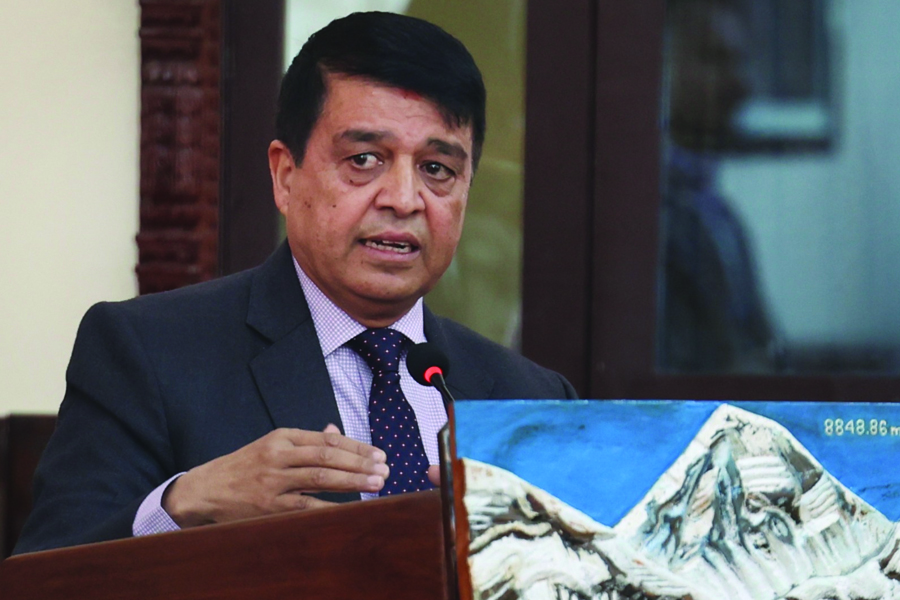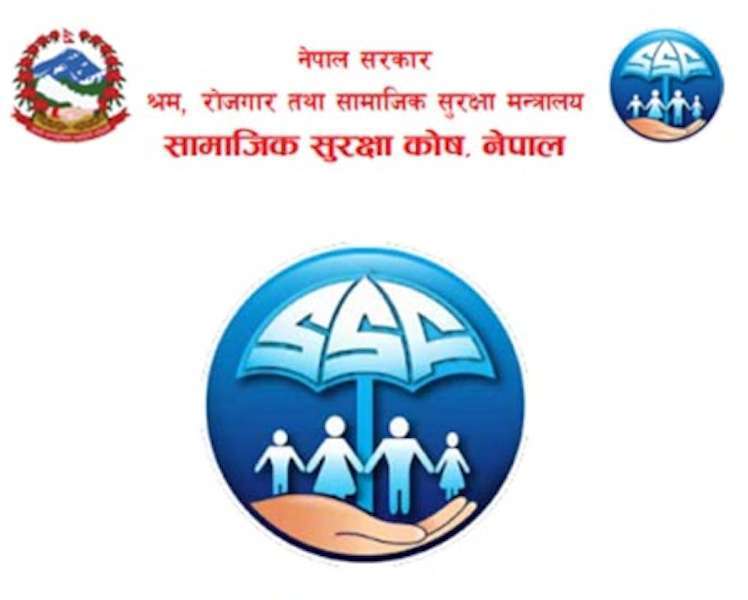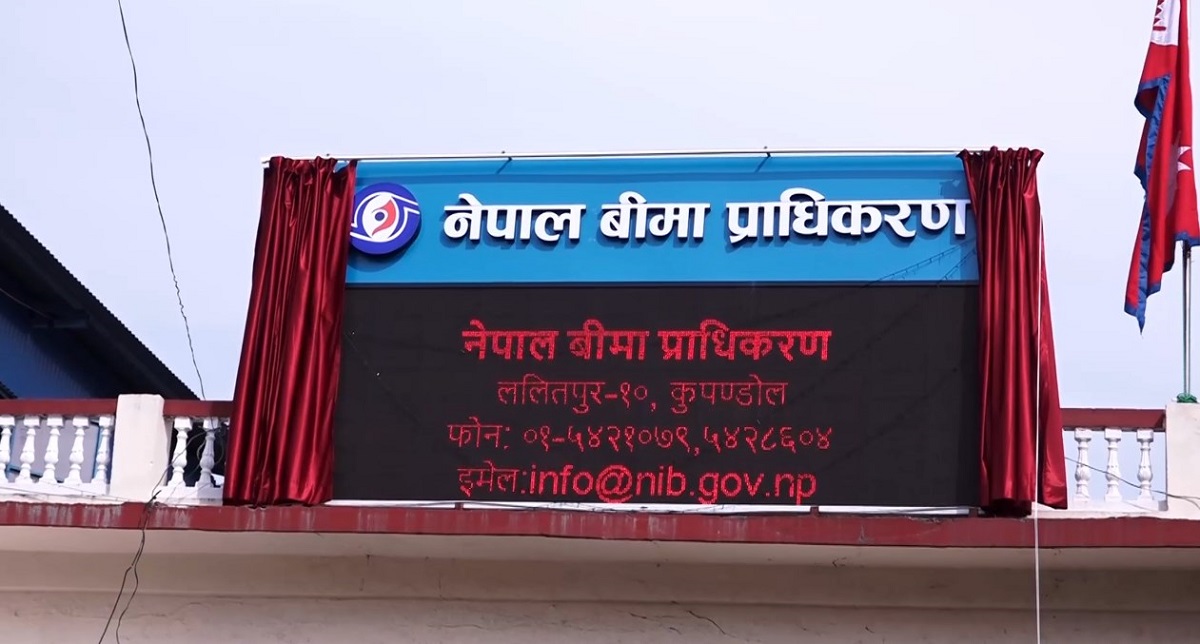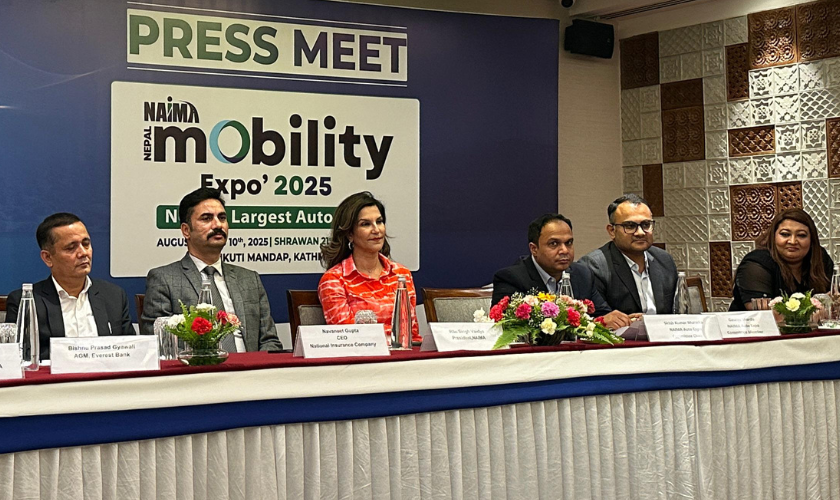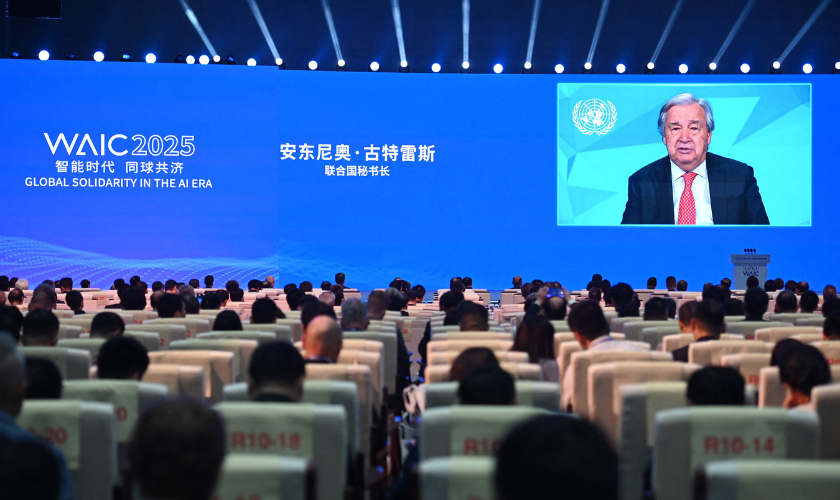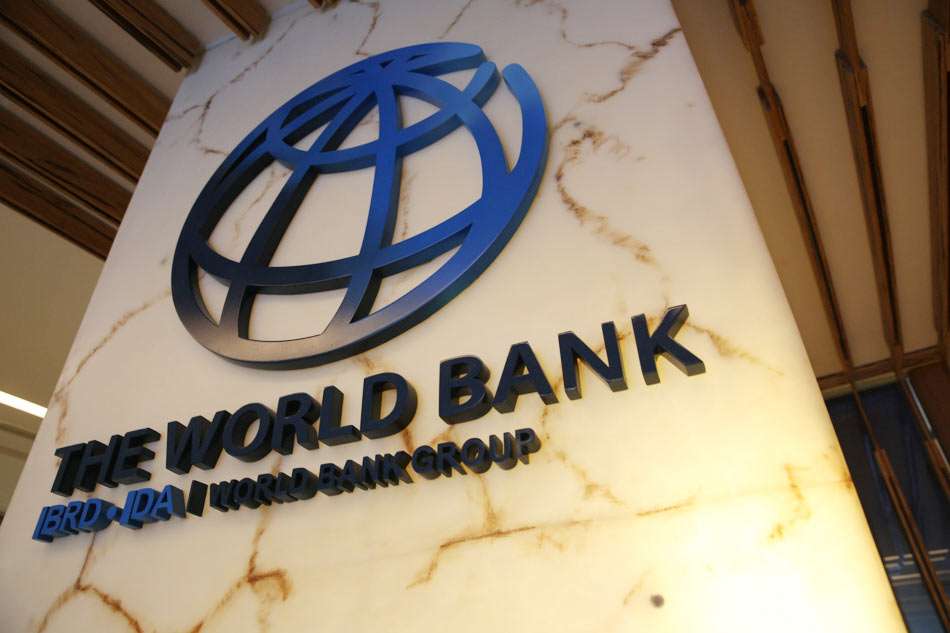Steel manufacturers in eastern Nepal have warned of nationwide protests following the government’s recent decision to double import tariffs on mild steel (MS) wire rods from 5% to 10%. The hike, announced in the federal budget for the upcoming fiscal year by Finance Minister Bishnu Paudel, has drawn strong backlash from industry representatives who argue that the measure favors a single domestic producer at the expense of dozens of others reliant on imported raw materials.
Industry leaders have issued an ultimatum, stating that if the decision is not reversed by June 29, they will launch coordinated protests across the country with the support of national trade federations. MS wire rod, a key input in the production of items such as fine wire, mesh, galvanized iron (GI) wire, gabion boxes, barbed wire, and binding wire, is primarily imported from India due to limited domestic production capacity and concerns over product quality.
“There are around 25 steel industries using imported MS wire rods. Changing policy to benefit just one domestic producer has put all of us at risk,” said Pawan Sharada, Director of Premier Steel and President of the Koshi Province chapter of the Confederation of Nepalese Industries (CNI). While he did not name the domestic manufacturer, he questioned whether its product meets national demand or quality standards, arguing that the tariff hike should have been backed by a detailed study.
Shanker Group, one of the major producers of MS wire rod in Nepal, reportedly supplies smaller bundles with lower tensile strength compared to imported alternatives. Local manufacturers claim domestic rods typically weigh under 700 kilograms per bundle, whereas imported rods range from 2.5 to 3 tons, offering greater efficiency and value for large-scale operations.
Manufacturers are also frustrated by what they describe as discriminatory excise duty policies. One industrialist noted that general importers pay Rs 4.50 per kilogram in excise duty, while domestic producers enjoy a 60% concession, paying just Rs 1.80 per kilogram.
Sharada compared the current tariff decision to a similar controversy in fiscal year 2022/23 under then-Finance Minister Janardan Sharma, who also attempted to raise the MS wire rod tariff from 5% to 10%. That move sparked widespread protests in Biratnagar and other regions, eventually forcing the government to reverse the decision.
“This is a repeat of what happened three years ago with GI wire,” Sharada said. “We had to take to the streets then, and it looks like we’ll have to do it again.”
Anupam Rathi, President of the Morang Chamber of Industry and Commerce, echoed similar sentiments, calling the latest decision reminiscent of previous policy missteps that distorted the market. “Once again, the government is favoring a single firm, which disrupts fair competition and damages the broader industrial ecosystem,” he said. “This policy is unacceptable and must be reversed immediately.”
Industry representatives maintain that most domestic MS wire rod is not suitable for their manufacturing needs and stress that the new tariff will raise production costs, reduce competitiveness, and risk factory closures. With inventories reportedly only sufficient to last until mid-July, industrialists warn that, unless the government intervenes, shutdowns and mass demonstrations are inevitable.


